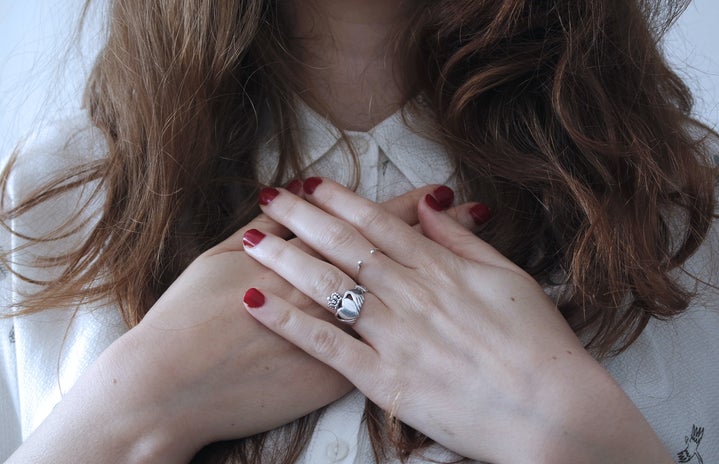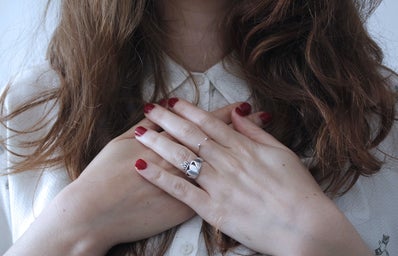Yorgos Lanthimos has established himself as an artistic director, and many of his films have been subject to controversy due to their explorations of disturbing or unsettling material and scenarios. Popularized by films such as The Killing of the Sacred Deer and The Lobster, Lanthimos’s style as a creator has proven to be eerie, introspective, and comments on discourse that emerges in society across timelines.
Poor Things is not excluded from this; in fact, the work entirely focuses on society’s discourse regarding women’s navigation of adulthood, life’s pivots, and asserting agency in a world where men want to claim you. The film is being recognized for its attention to design, production, and acting by critics… but audiences have another story to tell.
I personally really enjoyed Poor Things. However, I am very familiar with arthouse content and the ways in which symbolism can apply in film. I’ve taken a few film classes here and there, but I align myself with picking out pieces of cinema that stick out to me artistically. I am a large fan of how art can play with the body and work to disturb audiences; since bodies are something we all have. I am primarily a horror fan, and I find myself blurring the lines between horror and dark comedy in Lanthimos’s work. I feel like this enhanced my perspective of the film, as I can recognize Yorgos’s particular style of cinema and the methodology of the stories he writes. I also enjoyed The Killing of a Sacred Deer and The Lobster, despite audiences stating that the films are too disturbing to be dramatic, or too off-kilter from the comedy genre.
I watched The Lobster a week before I was able to view Poor Things for the first time. This entirely helped me gauge the direction Poor Things was going in since I was familiar with Yorgos Lanthimos using imagery to comment on society and the interactions we have with one another. I can see how audiences that have not seen any Yorgos Lanthimos films before viewing Poor Things would have been completely surprised by the film’s elements of artistry through the costuming, production design, and screenplay. Don’t get me wrong: Lanthimos has a way of toying with concepts of genre that make elements of his works feel very jarring (that’s the point).
On The Lobster, I wrote on Letterboxd, upon my first viewing, that “the movie took me on a whole trip. It’s classified as a comedy on Max… I definitely don’t think so, but that’s okay. Just because it’s a social commentary doesn’t mean it’s funny just because it’s satirical. This was borderline a horror movie. I was left feeling weird, but appreciative of the message.” After viewing Poor Things, I feel the same way about it. People wanted Poor Things (and The Lobster) to be fully servicing their primary genres; drama and comedy, but that’s not how real life works. Real stories are good and horrifying; the disturbing aspects of life and stories comment on the realism of navigating the world.
In the case of Poor Things, the story of Bella Baxter is being torn apart by audiences that have seen the movie. People are saying that Bella’s life and her story being written and directed by a man inherently make the story invalid in its representation of women. I think this take on the film is surface-level and discredits the work that Emma Stone put into the work as a producer and the film’s primary star. Additionally, the film literally comments on how men use women, and how women get backed into a corner when they do not have agency in their own lives. Bella’s character is independent, and she makes her own choices despite what “Candles,” Duncan, and Godwin have to say to her. She does not always care for “polite” society: the structure that puts women in a submissive category.
I think the people who are saying Poor Things exploits women, especially one with “the mind of a child,” missed the detail that Bella’s mind ages and matures quickly at the beginning of the movie. This is displayed through her linguistic capabilities, as her vocabulary begins to expand at a dramatic rate. By the time she is sexual, she is at a mental age that allows her to think and feel it, as she was not prematurely introduced to sexualized material in her current state of life by Godwin (a father figure). She is a body that is an adult, and the aspects of this are not explored until her mental age is older.
The way Bella speaks as an adult in the film is representative of her teaching herself and learning from the world around her: just because she did not learn from other women does not mean she is not a strong woman, herself. She asserts her agency by speaking to the people around her in her own way, her own methodology. This could be where audiences are still infantilizing her, despite her being an adult later in the film; I entirely see how a sexualized point at the beginning of the film, when Bella’s brain is still a child’s, could be seen as such… but it doesn’t happen.
Also, I think Emma Stone would not have been cool with that, as she has a young daughter. As a producer of the movie, Emma had choice in what was going to happen. It was not even written that it would happen: as “Candles” asks Godwin if he has ever had feelings for Bella, he says his fatherly impulses outweigh any of those urges.
The film, as mentioned previously, won Academy Awards for its costuming, production design, and makeup/styling. It is a genuinely beautiful film to view, and the art that I watched displayed on the screen through the production quality and the acting brought the story to life. I watched Bella grow, I watched her succeed and I watched her fail. And that’s life, and that’s beautiful. Read more of my thoughts here.
Anyways, all of this is to say that the people discrediting the film solely because it was written and directed by a man probably should listen to an interview with Emma Stone discussing her involvement in the film. After all, she did win Best Leading Actress in a Film at the Academy Awards this past Sunday. And she’s awesome.


